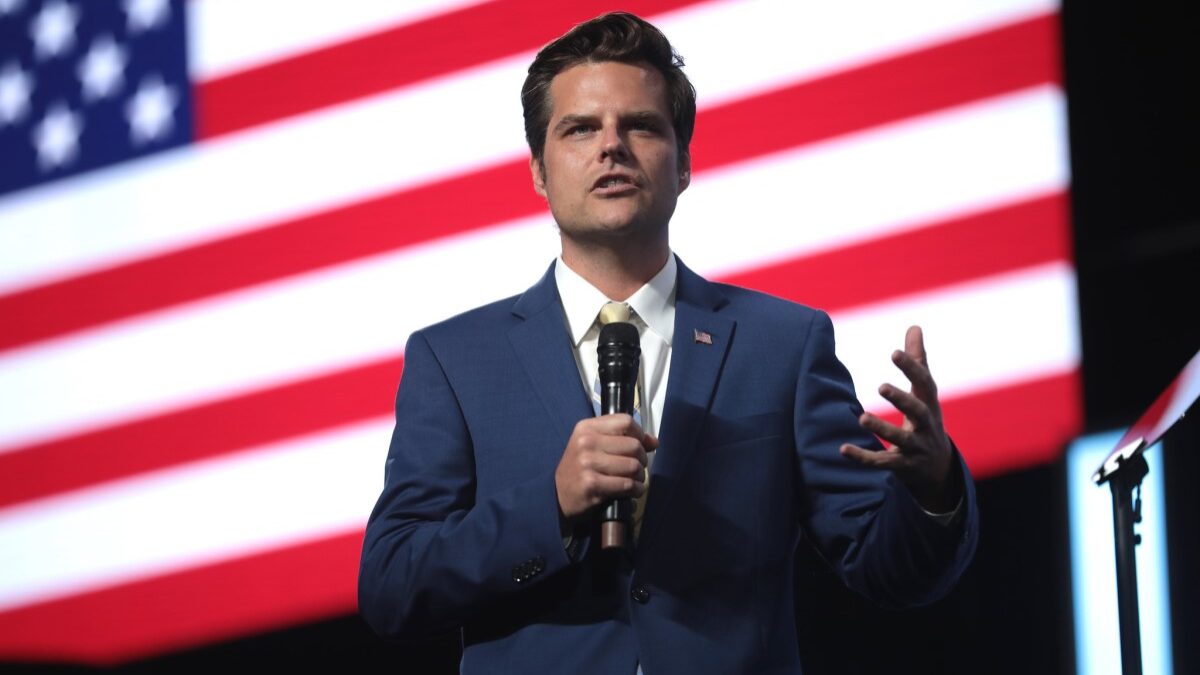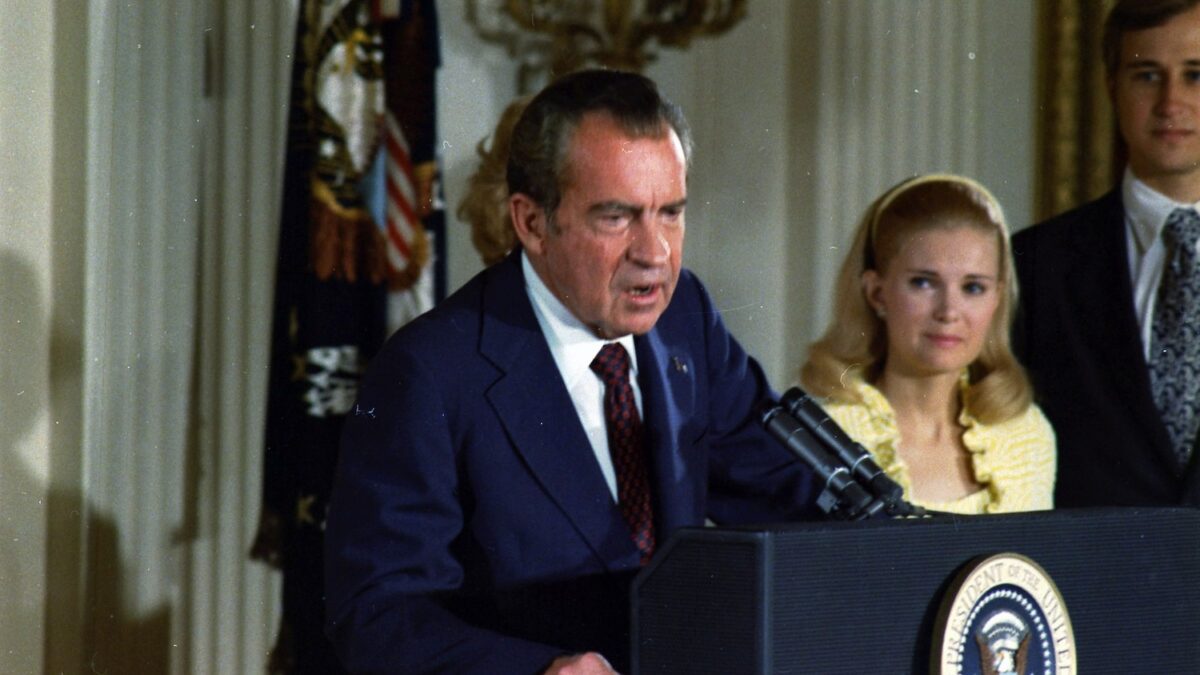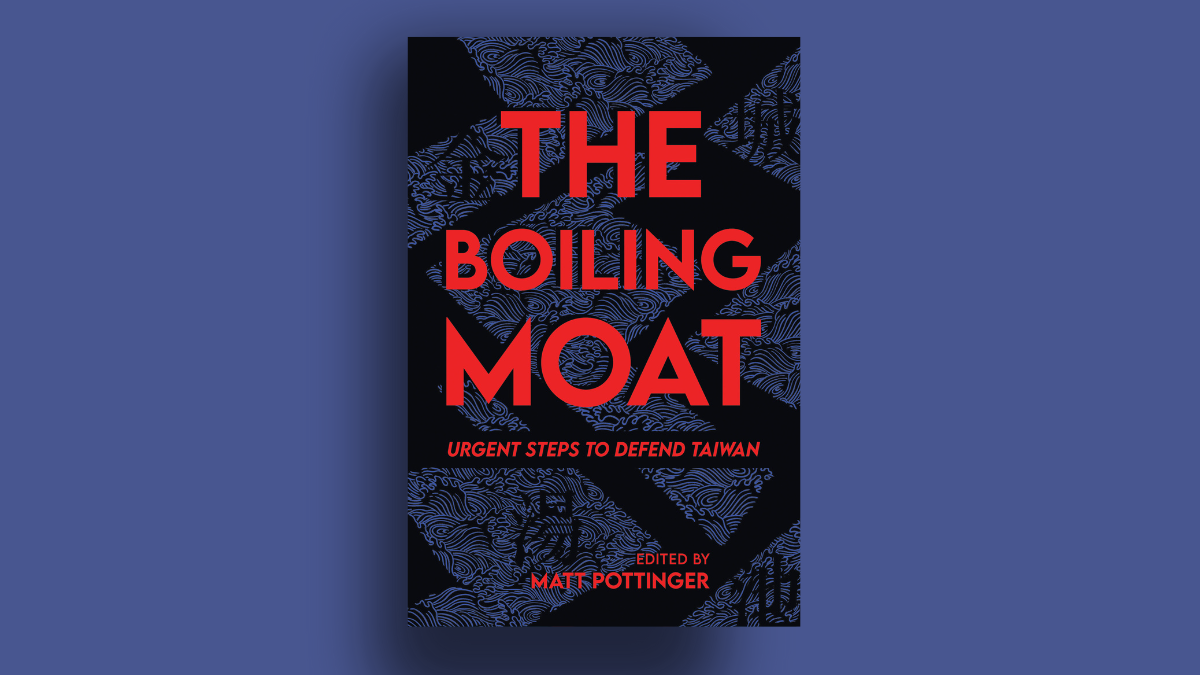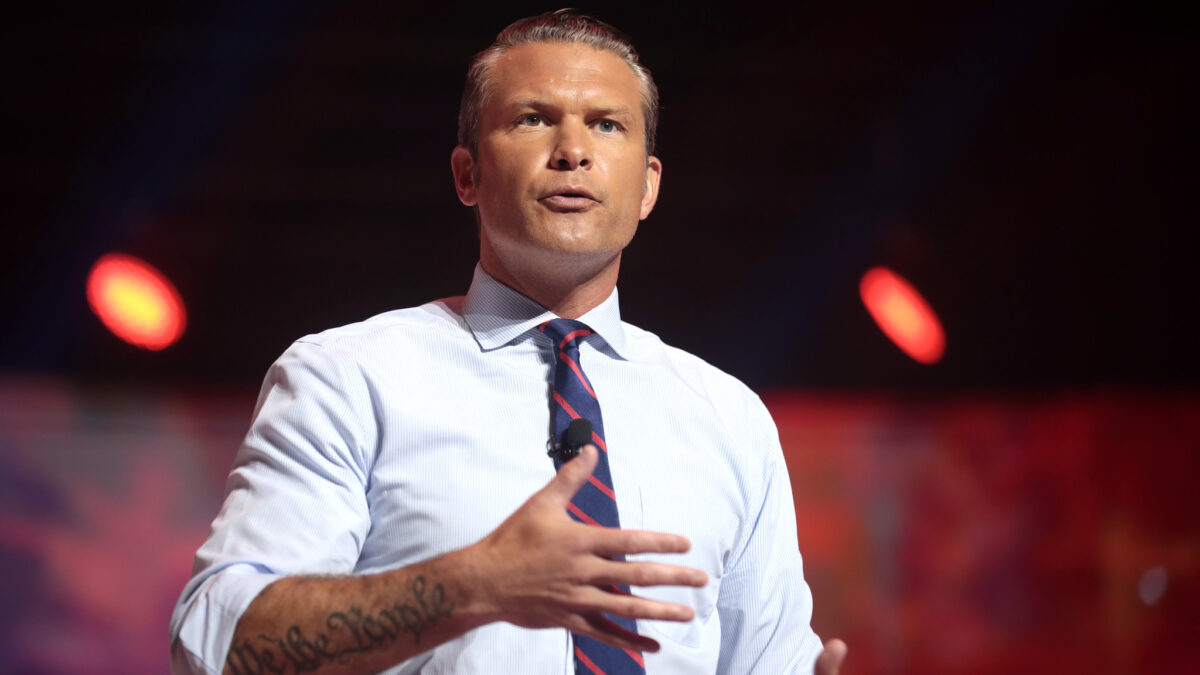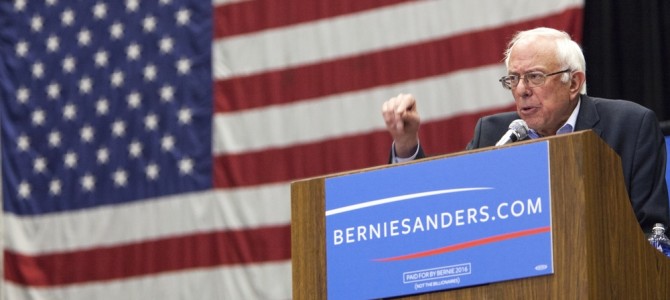
For a long time, the Democratic Party’s emphasis on tax-and-spend welfarism has brought about comparisons to socialism. When Barack Obama expressed support for “spreading the wealth around” in 2008, candidates John McCain and Sarah Palin both said it “sounded like socialism.” But Democrats have traditionally tried to push back from the label—even if in private they get caught being a little too honest.
Now that Bernie Sanders, a self-proclaimed socialist who isn’t hiding from his beliefs, is running for president as a Democrat the party is having trouble elucidating distinctions between their philosophy and socialism.
Debbie Wasserman Schultz, Democratic National Committee Chair, has been asked about it by NBC personalities twice, and she refused to answer. Both times she ignored the question and tried to redirect to defining the differences, in her mind, between Democrats and Republicans.
“The relevant debate that we are going to be having over the course of this campaign is what’s the difference between a Democrat and a Republican,” she said to Chris Matthews, who was the first to ask the question.
There are still party primaries to get through, and on the Republican side at least, there are big differences between the many candidates running for office. Republicans have been unafraid to illustrate differences between one another and to denounce the crazies on their side. Almost every candidate has criticized Donald Trump when he attacked Prisoners of War for having been caught. Many candidates have also criticized his inflammatory rhetoric about illegal immigration and other issues.
“He offers a barking carnival act that can be best described as Trumpism: a toxic mix of demagoguery, mean-spiritedness and nonsense that will lead the Republican Party to perdition if pursued,” Rick Perry said of Trump.
Socialists Are The New Democrats
If the differences between Sanders and the other candidates are so minuscule as to not matter, then what does that say about the modern-day Democratic Party?
Matthews himself seemed to be unsure whether there is a difference between the Democrats and socialists. “I used to think there was a big difference,” he said after Wasserman Schultz gave a dodgy response to his question.
If you actually look at the kinds of policies Sanders, Clinton, and O’Malley are supporting, there really isn’t much of a difference. All three support a doubling or near doubling of the minimum wage. O’Malley and Sanders are both loudly behind the $15 an hour hour target. Clinton has gone on record as supporting $12 an hour nationally, but she also supported $15 an hour in New York and gave voice to the “Fight for $15” campaign. “I want to be your champion,” she said in a conference call to the group.
The government mandating the minimum wage increase by $8 an hour would be an unprecedented meddling into the economy, the results of which even liberal economists say are unpredictable.
Joe Biden’s own economist Jared Bernstein said it would be unsuitable for the whole country. Even in Seattle, the $15 an hour minimum wage the city passed has put a strain on restaurants, some of which have been closing in great numbers.
Opposition To Free-Trade Reveals How The Party Has Shifted
Sanders, Clinton, and O’Malley have all made far-left critiques of the Trans-Pacific Partnership free-trade deal. Clinton expressed her support for the Democrats who voted against giving Obama negotiating authority, and Democrats voted against the bill by a 40-to-144 margin. Democratic luminaries like John F. Kennedy once championed free-trade, now it is the mainstream position of the party to oppose it, even under a Democratic president.
“The TPP follows in the footsteps of failed trade agreements like NAFTA, CAFTA, Permanent Normal Trade Relations (PNTR) with China, and the South Korea Free Trade agreement,” Bernie Sanders wrote in the Huffington Post.
Bill Clinton, too, supported free-trade. But the party has moved far away from the Third Way politics that appealed to Reagan Democrats and Blue Dogs. The Democratic Party has been moving further and further to the left, as quantified by DW-Nominate scores.
The few relatively moderate Democrats are out of line with the mainstream of the party. While Sen. Claire McCaskill (D-MO) was willing to call Sanders a socialist and “too liberal,” Bloomberg’s John Heilemann pointed out, “He is much closer to the mainstream of the Democratic Party than Claire McCaskill is.”
“This is where the party is on issues like Medicare for all, the minimum wage,” he said.
“Do you think in her heart Hillary Clinton would take single-payer? She’s said as much, reportedly, on a few occasions,” Mark Halperin added.
By now, Democratic Party officials can’t even distinguish themselves from socialism. Even if Wasserman Schultz is only trying to avoid offending Sanders’ voters by dodging questions, it says something that there is enough support for socialism in the party that she is afraid to denounce it. In the past, Democrats had no qualms publicly denying socialism, as Obama did to the New York Times shortly after his election. Even Sanders denied it early on in his career.
In 2009, Esquire’s Stephen Marche described how Obama’s “predecessors cloaked their agendas with camouflage terminology…”
…the “New Deal” and the “Great Society,” and Obama may yet find some similarly palatable euphemism for his attempt to strengthen the core of the federal government through massive infrastructure overhaul, universal health care, and, yes, higher taxes and redistribution of wealth.
In 2016 they don’t have to disguise it. This is where the party is.



